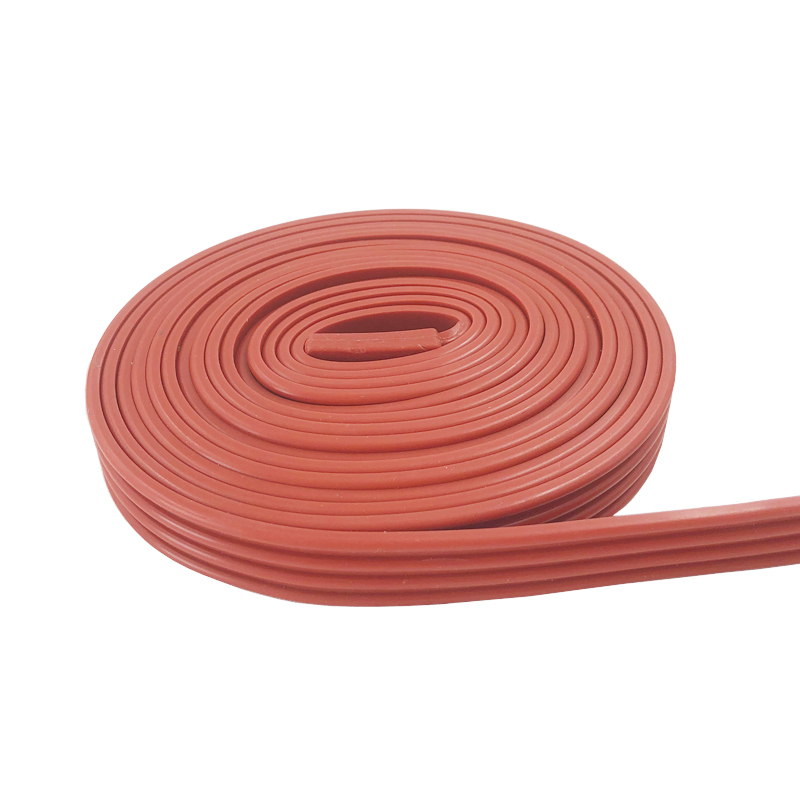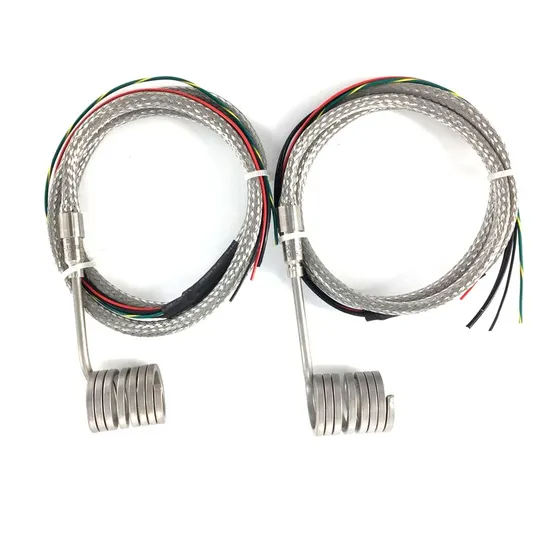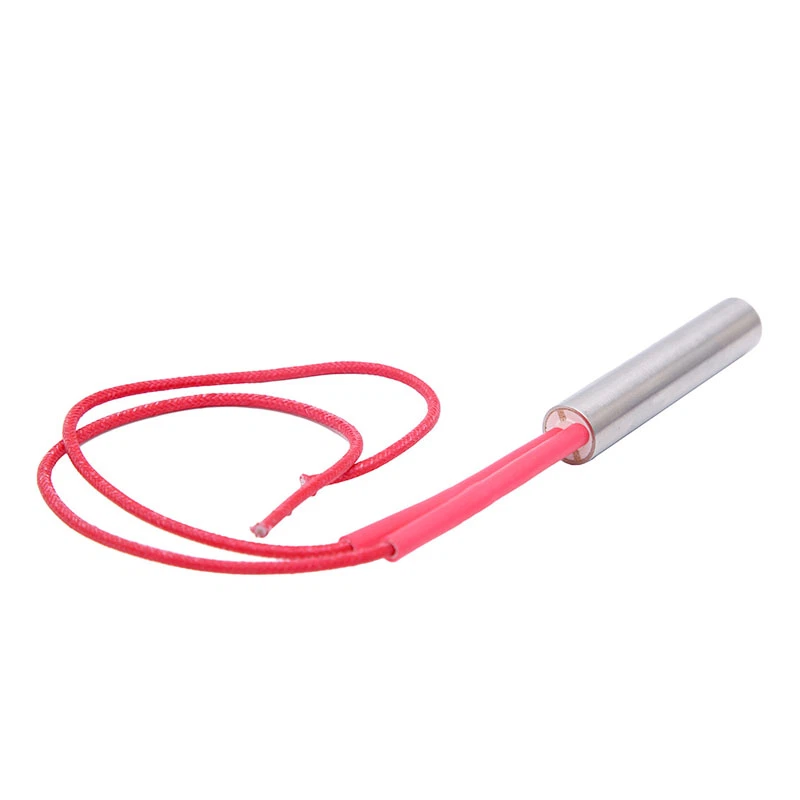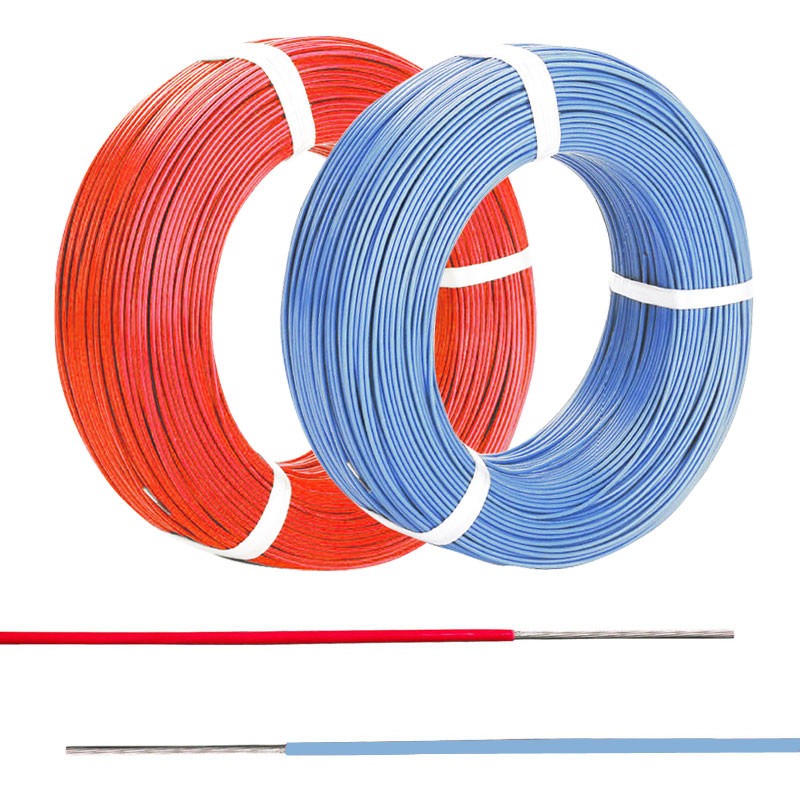Today, every cartridge heater manufacturer produces these industrial workhorses to provide precise heat in various applications. But even the best cartridge heater needs proper care and attention to deliver optimal performance and longevity. Let’s delve into ten essential tips to maximize the efficiency and lifespan of your cartridge heaters.
Tip 1: Understand Your Cartridge Heater
Before diving into operation, grasp the fundamentals of your cartridge heater. This includes its wattage, voltage, length, diameter, and sheath material.
- Wattage and voltage: Ensure correct power supply for optimal performance and safety.
- Dimensions: Accurate measurements prevent installation issues and heat transfer problems.
- Sheath material: Choose the right material based on the application environment.
Tip 2: Proper Installation
Incorrect installation can lead to premature failure and safety hazards. Follow manufacturer guidelines meticulously.
- Secure mounting: Use suitable clamps or brackets to prevent movement.
- Thermal conductivity: Ensure good thermal contact between the heater and the heated medium.
- Electrical connections: Tighten connections to avoid overheating and potential fires.
Tip 3: Temperature Control
Overheating can drastically reduce a cartridge heater’s lifespan. Invest in a reliable temperature controller.
- Accurate sensors: Use precise temperature sensors for effective control.
- PID controllers: Consider advanced PID controllers for precise temperature regulation.
- Regular calibration: Ensure accurate temperature readings through calibration.
Tip 4: Prevent Overloading
Overloading can cause the heater to burn out. Calculate the required wattage carefully.
- Load matching: Ensure the heater’s wattage aligns with the application’s heat demand.
- Thermal calculations: Conduct proper heat transfer calculations to prevent overloading.
- Safety margins: Incorporate safety factors to avoid unexpected surges.
Tip 5: Clean Regularly
Accumulated dirt and debris can hinder heat transfer and reduce efficiency.
- Inspection schedule: Regularly inspect the heater for contaminants.
- Cleaning methods: Use appropriate cleaning methods based on the environment.
- Preventative measures: Implement measures to minimize contamination.
Tip 6: Monitor Wear and Tear
Regular inspections help identify potential issues before they escalate.
- Visual checks: Look for signs of damage, such as cracks or discoloration.
- Performance evaluation: Monitor heating performance for any decline.
- Replacement planning: Have spare heaters ready to avoid production disruptions.
Tip 7: Optimize Thermal Conductivity
Efficient heat transfer is crucial for optimal performance.
- Thermal interface materials: Use thermal paste or grease to improve contact.
- Heater placement: Position the heater for maximum heat dissipation.
- Material selection: Choose materials with high thermal conductivity for the heated components.
Tip 8: Consider Thermal Cycling
Frequent on/off cycles can shorten heater life. Minimize thermal shock.
- Ramp-up and cool-down times: Gradually increase and decrease temperature.
- Soft starters: Use soft starters to reduce voltage spikes.
- Insulation: Insulate the heater to maintain temperature during off-cycles.
Tip 9: Emergency Shutdown
Implement safety measures to protect against overheating and fires.
- Thermal cut-offs: Install thermal cut-offs as a backup safety measure.
- Fire suppression systems: Consider using fire suppression systems in hazardous areas.
- Emergency procedures: Develop clear emergency procedures for heater-related incidents.
Tip 10: Proper Storage
Store unused cartridge heaters in a cool, dry place to preserve their condition.
- Original packaging: Use original packaging or protective containers.
- Moisture protection: Store heaters in moisture-free environments.
- Avoid physical damage: Handle heaters carefully to prevent damage.
By following these tips, you can significantly extend the life of your cartridge heaters and optimize their performance. Remember, preventive maintenance is key to avoiding costly breakdowns and ensuring uninterrupted production.














